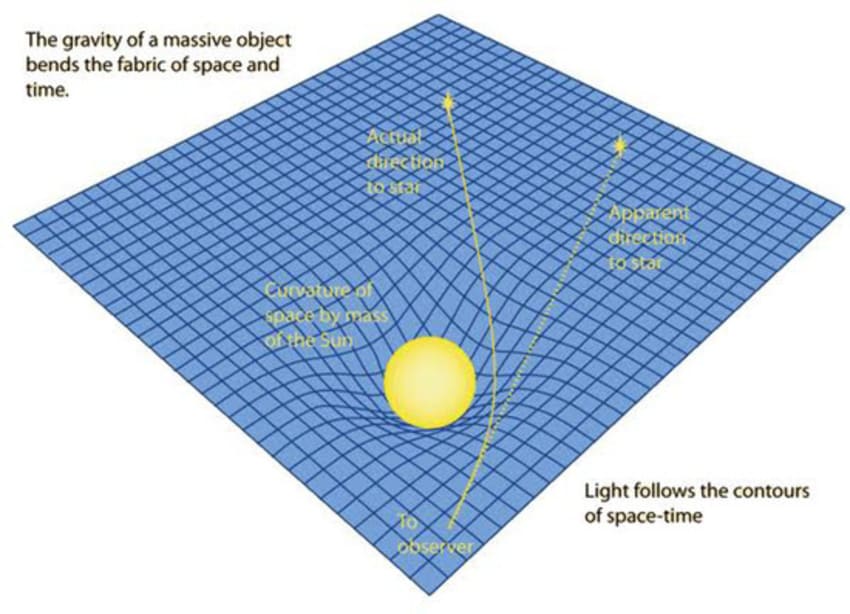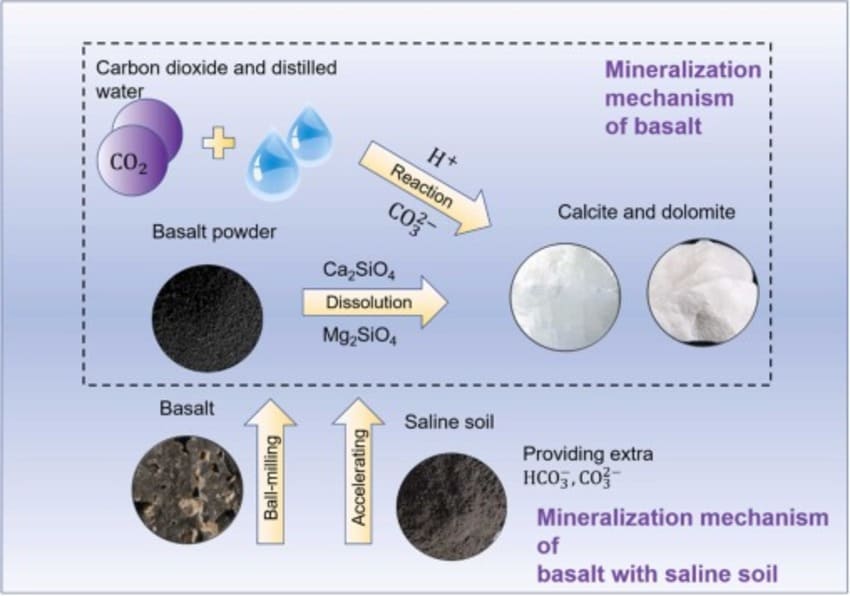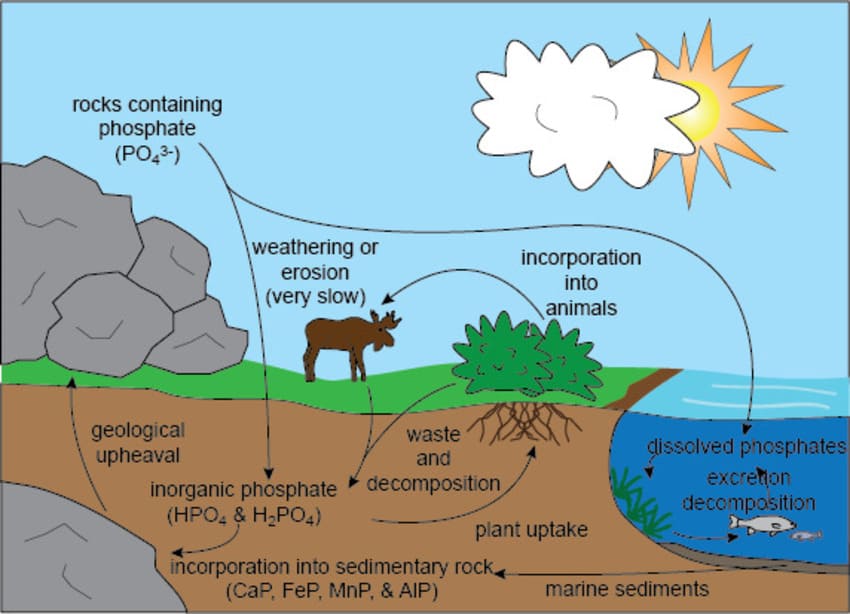Modern physics
12
The Impending Challenge of Quantum Computers to Modern Cryptography
- Rating
- Quantum Computers
- Cryptography
- Public-Key Encryption
- Shor's Algorithm
- Cybersecurity
- Y2Q
- Post-Quantum Algorithms
Modern digital security heavily relies on encryption techniques to protect sensitive information transmitted over the internet. This encryption is crucial for securing emails, financial transactions, personal data, and more. Currently, most encryption methods are based on complex mathematical problems that standard computers find difficult to solve.
However, the advent of quantum computers introduces a significant threat to these encryption methods. Quantum computers operate on principles of quantum mechanics, allowing them to process information in ways fundamentally different from traditional computers. They can perform certain calculations much more efficiently, including those that underpin modern cryptographic systems.
The vulnerability of current cryptographic methods to quantum computing was highlighted in 1994 with the discovery of Shor's Algorithm. This quantum algorithm can effectively solve mathematical problems like factoring large numbers and calculating discrete logarithms, the basis of many current encryption techniques, including RSA encryption. Once quantum computers reach sufficient capability, they could potentially decrypt information secured with these methods.
This impending situation, often referred to as Y2Q (an allusion to the Y2K bug), is prompting urgent action in the field of cryptography. Researchers and organizations, including the U.S. National Institute of Standards and Technology (NIST), are actively working to develop new encryption methods that are resistant to quantum computing. These efforts include creating post-quantum cryptography algorithms and exploring quantum encryption itself, which could offer theoretically unbreakable security.
The challenge is significant, as quantum computing's potential to break current encryption would have widespread implications for digital security globally. With the increasing dependence on digital communication and the rising capabilities of quantum computing, addressing this challenge has become a critical concern for governments, businesses, and individuals alike.
Leave a Reply
Your email address will not be published. Required fields are marked *


